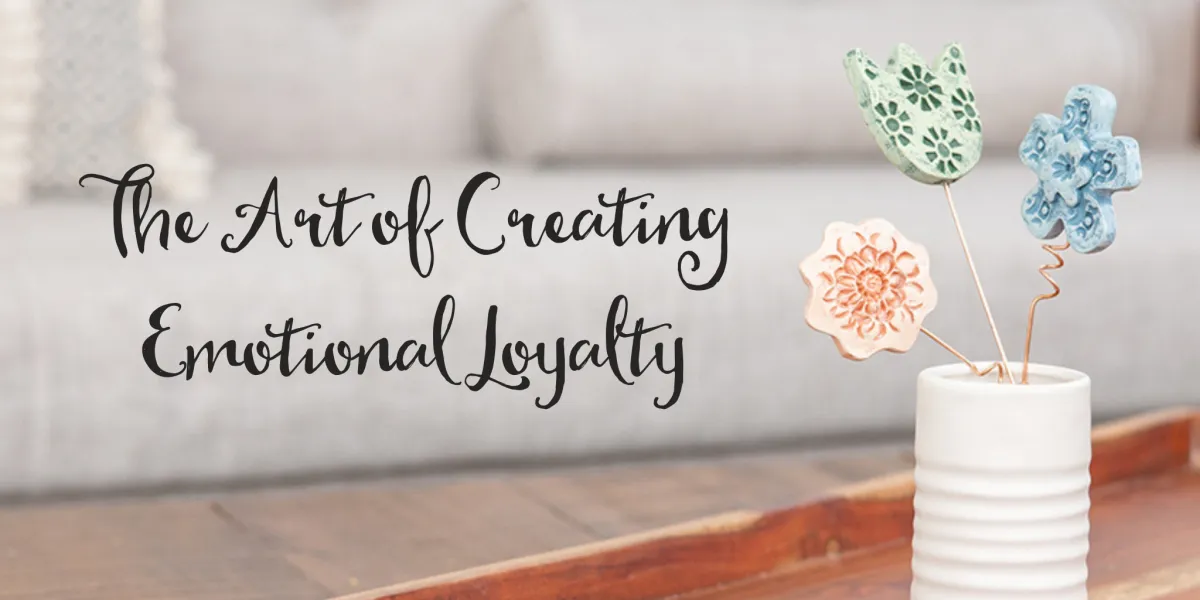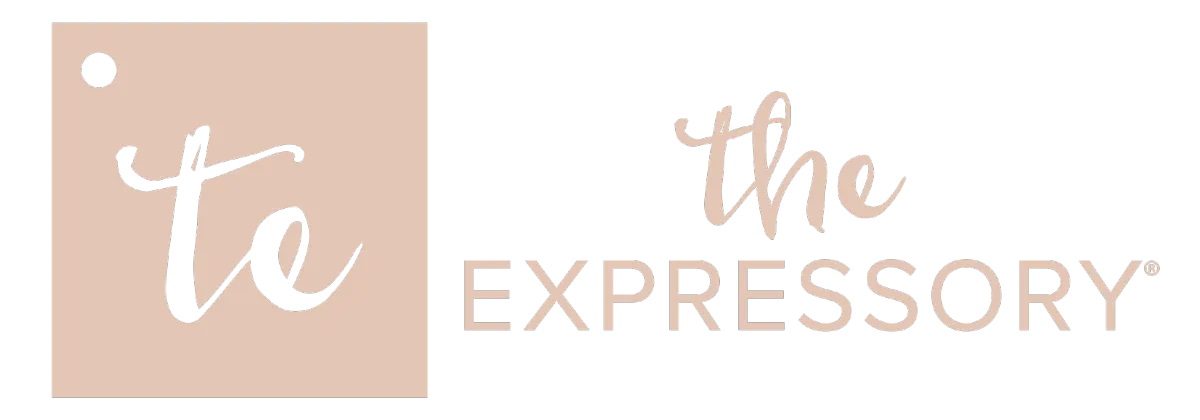
What Swimming Teaches Us About Team Relationships
In my latest video, I break down how swimming teaches us the importance of these relationship-building efforts and the specifics of what we as leaders need to nurture with our teams.
Holiday Gift Insights - What Everyone Else Is Doing
In an effort to simplify the decision-making process, we're sharing some of the trends we've seen with gifting over the years. We're even sharing our best seller and why that gift had such success.
What Makes A Successful Holiday Gift? The Travel Bag Edition
Last year we had the opportunity to work with one of our clients in the travel and tourism space to design an experience that delivered their highest engagement yet.

How to Make Every Gesture Count
We've all received a gift from a colleague or a business partner before that maybe didn’t connect very deeply. A branded coffee mug, a pen, maybe even a generic gift basket. You smile, say thanks, and tuck it away in a drawer. The thought was there, sure, but it didn’t exactly create any kind of emotional experience.
Turns out, that’s a common response.
Our research shows that 54% of professionals receive business gifts at least occasionally, and 52% definitely enjoy them. But 40% only “sort of” enjoy them. That’s nearly half of the recipients left feeling lukewarm about something that was supposed to make them feel something.
And while 84% say they’ve never received a gift that irritated them, the absence of irritation isn't exactly a glowing endorsement. Neutral or forgettable business gifts don’t build relationships. They don’t foster loyalty. They’re just there. And then they’re gone.
So, what’s the opportunity here? How do we move from obligatory gestures to meaningful moments that actually build relationships?
Let’s dive in.
The Real Problem is Forgettable Gifts
Giving gifts in business isn’t the issue. How we give is.
Gifting, when done right, should create a sense of being seen and valued. But if it’s rushed or impersonal, it becomes another checked box on a to-do list. And the recipient? They walk away thinking kindly of you for the moment but there isn’t the kind of emotional response that makes people want to tell the world how wonderful you are.
The truth is, many business gestures don't resonate on a deeper level. They might be appreciated in the moment, but they don’t stick. They don’t drive the kind of long-term engagement or loyalty that actually helps your business grow.
And that’s a missed opportunity.
Thoughtful Gifting That Feels Personal
Here’s the good news. You don’t have to spend a fortune to avoid the forgettable trap. You just need to make someone feel genuinely valued. In fact, it’s the small, thoughtful touches that often have the biggest impact.
Let’s break down what makes a gift truly memorable:
Handwritten Notes: 62% of recipients say a handwritten note makes a gift more meaningful. This simple gesture transforms the exchange from transactional to emotional. It tells the recipient, “I see you, I appreciate you, and I took the time to express it.”
Usefulness: 59% say the gift should be useful or helpful. This doesn’t mean it has to be practical in the traditional sense, but it should add some kind of value to the recipient’s life. Whether it solves a problem, encourages relaxation, or helps them think differently about a challenge they’re working on, utility matters.
Personalization: 54% say personalization makes a gift stand out. And no, that doesn’t mean slapping their name on a piece of swag. True personalization comes from listening and observing what matters to them, and reflecting that back in your gesture.
Interestingly, only 10% believe that asking for preferences makes a gift feel thoughtful. That means the magic lies in paying attention, not in surveying.
How to Start Gifting with Impact
So how can you elevate your gifting game starting right now? Here are some practical steps:
Add a Handwritten Note Every Time
Let’s talk about the most overlooked part of a gift, the handwritten note.
Because sometimes… the note is the gift.
It’s the words that make someone pause.
The part they read twice.
The thing they tuck away to keep.
62% of people say a handwritten note makes a gift more meaningful.
That’s not a small boost. That’s the emotional connection we’re all chasing.
So if you’re short on time or budget, don’t overthink it.
Take out a pen, think about something you can compliment this person on or something you can congratulate them on. Make them feel seen and understood, and write it down.
You’ve just given them something money can’t buy.
Make It Useful (But Not Generic)
Think beyond the basic branded swag. If you know your recipient is into coffee, maybe a unique blend from a local roaster beats the standard coffee mug. If they’re all about wellness, a calming tea or a relaxation kit could be the ticket.
Pro tip: Utility + personalization is a powerful combo.
Observe and Listen
Don’t ask outright for their gift preferences. Instead, listen for clues.
Did they mention an upcoming trip?
A hobby they enjoy?
A recent accomplishment?
Build your gifting around those insights. This creates the element of surprise, which makes the gesture feel all the more meaningful.
Prioritize Who Matters Most
You don’t need to focus on every relationship at once. Maybe you haven’t shown your clients some attention outside of deliverables for a while. Focus your thoughtful gifting on them until you have a process for consistency. Maybe it’s once a year they get something thoughtful from you. Then move onto the next group, like nurturing your prospects to build trust faster. Make sure your resources are focused on a repeatable system, because this relationship building stuff is an on-going effort.
What Your Should Be Asking Yourself Now
Now that you’ve seen what’s possible when gifting becomes strategic, here are a few questions to help you reflect on where your approach stands—and where it might need a little more intention:
Do I really know what matters to the people I’m sending gifts to?
If you had to pick a theme for each of your key relationships right now, could you?Am I doing the research or just relying on guesswork?
Thoughtful gifting starts with knowing, not assuming. Do you have a system to track what you learn about people?Have I prioritized who I’m investing in right now?
Are you clear on which clients, partners, or prospects need the most engagement and why?Are the gifts we send actually tied to the message we want to send?
If your gift isn’t aligned with the recipient’s world, it might just be noise.Could our next round of gifting tell a better story?
Imagine a theme that speaks directly to where someone is in their journey. What would that look like?
Why Gifting Matters
At the end of the day, gifts to clients and important business contacts (or giving) are about making people feel seen, appreciated, and valued. They’re tools for building emotional loyalty. The kind of loyalty that keeps clients coming back, that turns partners into advocates, and that makes your business memorable in the best possible way.
Forgettable gifts? They’re just noise. But thoughtful, meaningful gestures? They’re the kind of music that lingers long after the moment has passed. And that’s the kind of gesture that gets shared with others.
Need help creating a strategy for thoughtful gifting that speaks volumes or relationship based marketing? That’s what we’re here for. Join us at one of our community Q&A sessions, or schedule a one-on-one chat to brainstorm ideas that make sense for your brand.
Frequently Asked Questions
What is a goodwill gesture in business?
A goodwill gesture is a small action that shows you care about your client or partner beyond just transactions. It could be a handwritten thank-you note, a complimentary service, or an extra effort to solve a problem. It’s about building trust and leaving a positive impression, with no expectation of return
How do gestures support long-term client retention and loyalty?
Small, thoughtful gestures show clients they’re more than a transaction, they’re valued partners. When you consistently recognize milestones, wins, or just check in with a meaningful note or gift, it builds a sense of connection and trust. Over time, those gestures create positive associations with your brand, making clients more likely to stay, refer others, and continue doing business with you. It’s the little things done with intention that leave a lasting impression.
What’s the difference between a generic gift and a small strategic gesture?
A generic gift is often one-size-fits-all, a standard mug or branded item that could go to anyone. A small strategic gesture, on the other hand, is thoughtful and intentional. It’s tailored to the client’s interests, achievements, or timing. Even something simple, a favorite snack after a big deal, a personalized thank-you note, or celebrating a team milestone, can feel deeply personal.
Address:
1500 S. Sylvania Ave #106
Sturtevant WI 53177
Phone:
414.243.8971

